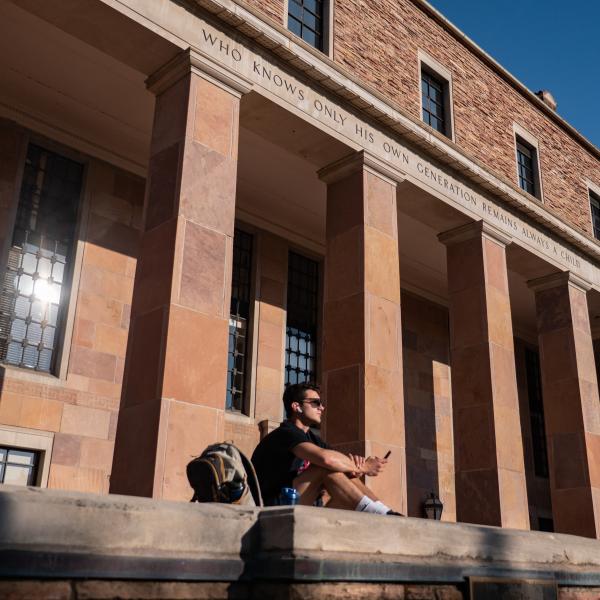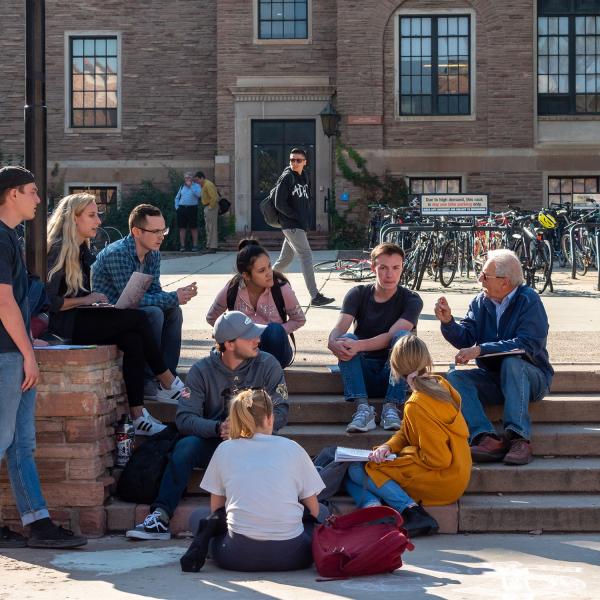Graduate School Strategic Plan
Updated August 2021
In October 2019, Provost Russ Moore charged the Graduate School Strategic Planning Committee with envisioning the future of graduate education at CU Boulder. Just a few months into this process, the committee’s work on this charge was put on hold by a global pandemic that resulted in severe economic disruption and an academic job market thrown into sudden disarray.
When the committee resumed its work in spring 2021, many of the imperatives that the committee had originally identified and committed to were made even more relevant and pressing as a result of the events of the past year. Thrown into stark relief were the challenging fiscal realities of academia, the effects of globalization, concerns over justice and equity, and evolving career pathways. The strategic imperatives identified and discussed in this plan include the following: broadening access to graduate education to a wider array of students, bolstering community among all graduate students, encouraging more productive advising relationships, facilitating interdisciplinarity in existing and new degree options, and adapting the training of our graduate students to better fit their academic needs and career aspirations.




